want to study in Australia
Congratulations on making up your mind to study in Australia. One of the best destinations for international students.
Now these are the general guidelines to achieve your goal!
- Academic preparation:
Research about your intended course and course provider. You may seek help of a Qualified Education Agent Counselor for this purpose.
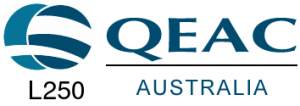
- English language requirement:
You must sit for internationally recognised english language test i.e IELTS, PTE, TOEFL etc.
See below English Language Requirement for different qualifications level
| Qualifications level | IELTS Module | Minimum Overall Score | Each band no Less than |
| Certificates, diplomas and advanced diplomas | Academic | 5.5 | 5.0 |
| Bachelor degrees | Academic | 6.0 | 6.0 |
| Graduate certificates and graduate diplomas | Academic | 6.5 | 6.0 |
| Masters degrees | Academic | 6.5 | 6.0 |
| Research programs | Academic | 6.5 | 6.0 |
See Below the chart for different testing systems score equivalents
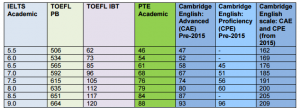
Try to score at least minimum requirement for your intended course of study. If you have achieved the desired result, congratulation!! You have achieved the first goal towards your dream.
If you have not achieved the desired score, don’t lose your heart. You may still be eligible to enroll in your desired course by doing ELICOS ( English Language Intensive Courses for Overseas Students) in Australia.
| English language provider test | Minimum test score | Minimum test score where combined with at least 10 weeks ELICOS | Minimum test score where combined with at least 20 weeks ELICOS |
| International English Language Testing System | 5.5 | 5 | 4.5 |
| *Test of English as a Foreign Language (TOEFL) paper based | 527 | 500 | 450 |
| TOEFL internet based test | 46 | 35 | 32 |
| Cambridge English: Advanced (Certificate in Advanced English) | 162 | 154 | 147 |
| Pearson Test of English Academic | 42 | 36 | 30 |
- Applying to Universities/colleges:
You must now send your application to your desired course provider in order to get a offer letter. If the provider finds you eligible for the course you have applied for, they will issue you with an offer letter.
This brings you one step closer to your dream!!
- Financial Preparation:
Now you must start preparing your financial documents to support your studies and provide proof to Australian High Commission.
The Department of Immigration and Border Protection has financial requirements you must meet in order to receive a student visa for Australia. From 1 July 2016 the 12 month living cost is:
You – $19,830
Partner or spouse – $6,940
Child – $2,970
In addition to this you must be able to demonstrate that you have sufficient funds to cover your tuition fees for the first year in Australia, which will be mentioned on your offer letter.
For eg: You are a couple with no kids planning study in Australia, and your Tuition fees for the first year is $24,000.
You must be able to demonstrate that you have minimum of $50,770 to cover your stay in Australia
Tuition fees $ 24000
Your living expense $ 19,830
Your Spouse living expense $ 6,940
Total Expense for 1st Year $50,770
Also in addition to this you will have to pay for your health cover, which would be approximately $540/year for single, $2830/year for couple and $4970/year for family.
All costs are per year in Australian dollars. To convert to your own currency, visit http://www.xe.com/
Providing proof to Australian High commission
You can provide proof of your financial capability to Australian High Commission by following ways,
i) If your parents or non accompanying spouse’s income is at least $60,000 annually and you have enough evidence to prove the income source through government department (e.g. tax assessment), DIBP will accept these government documents.
ii) You can access student loan from the nominated banks by Australian High Commission. The loan must be in excess to cover your 1st year stay at Australia.
These are the two acceptable financial requirement you should meet. However, in case of Student loan Australian High Commission may ask you to disclose how will the loan repayment be done. So be prepared with enough evidence to support your document.
5. Applying for Student Visa
Now you are ready with your academic and financial document, it’s time to apply for your student visa.
i) You must have obtained a COE( confirmation of enrollment) from your provider before applying for your visa. This is when you pay for your tuition fees or satisfied the conditions on your offer letter, your course provider will generate a COE for you.
ii) Visa applications must be lodged online using ImmiAccount
iii) Be prepared for health checkup.
iv) Be prepared to provide any additional documents when asked by your visa officer. However we recommend you to provide as much information and documents to support your claim to make the process faster.
If Australian High commission is satisfied with your application, you will be issued Visa. Make sure that you know about your visa conditions and obligations.
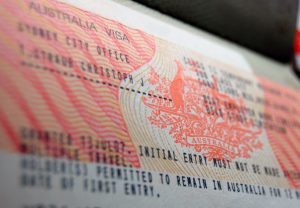
CONGRATULATIONS!! NOW YOU CAN PURSUE YOUR DREAM OF STUDYING IN AUSTRALIA.
Contact us to help you achieve your dream at info@vividedu.com.au or https://www.facebook.com/vividedu/
Disclaimer:
The document is provided for general information purposes only. Your use of any of these information is at your own risk, and you should not use any of these information without first seeking legal and other professional advice. The provision of this documents (and the documents themselves) do not constitute legal advice or opinions of any kind, or any advertising or solicitation. No lawyer-client, advisory, fiduciary or other relationship is created between VIVID EDUCATION and any person accessing or otherwise using any of the information. Vivid Education and its affiliates (and any of their respective directors, officers, agents, contractors, interns, suppliers and employees) will not be liable for any damages, losses or causes of action of any nature arising from any use of any of these information.
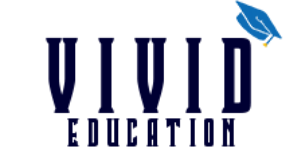
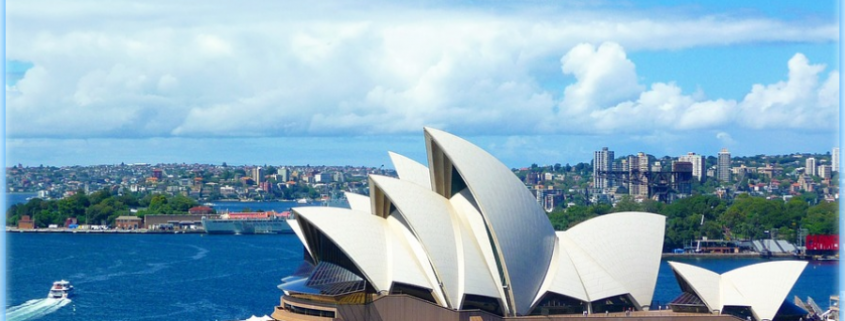
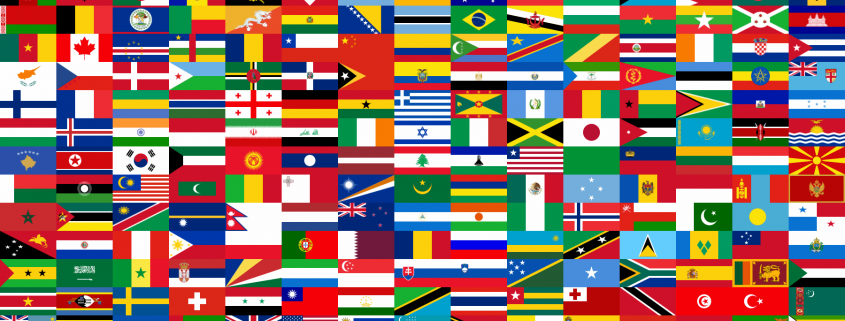

 Australia. Professional Year Programs run for 12 months and are currently available in the fields of accounting, computer science and engineering — Australian industries where the demand for skilled graduates is high.
Australia. Professional Year Programs run for 12 months and are currently available in the fields of accounting, computer science and engineering — Australian industries where the demand for skilled graduates is high.